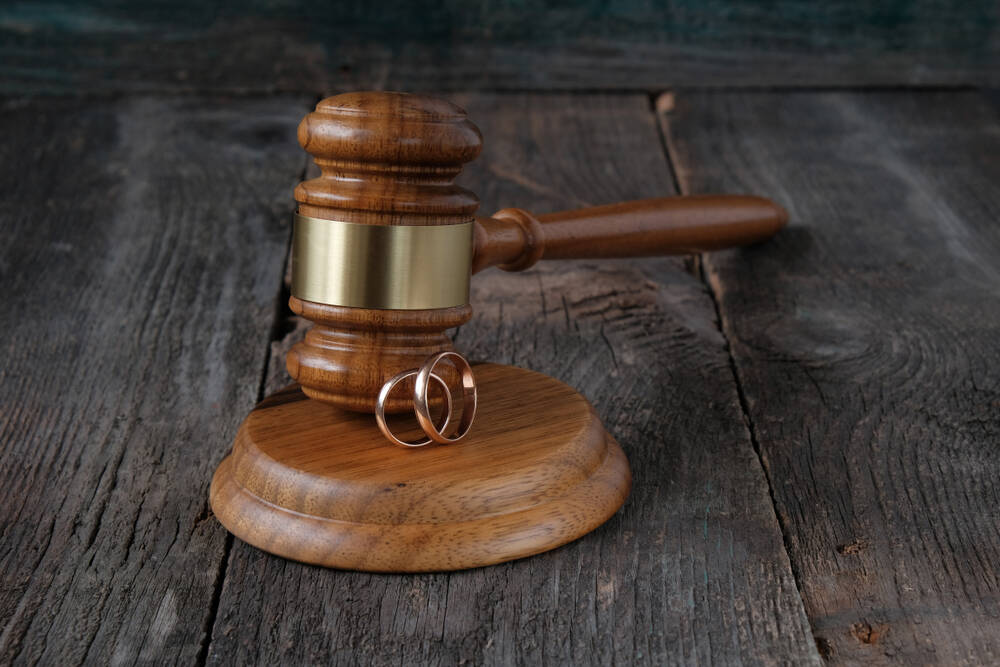Alaska’s Constitution prohibits spending “public funds for the direct benefit of a private educational institution” — except under some circumstances when people can, according to an opinion issued Monday by the state attorney general’s office.
The 19-page opinion evaluates if publicly funded correspondence schools — which have been found permissible under the state’s constitution — can pay for services from private schools. Deputy Attorney General Cori Mills, during a press briefing Monday, stated the answer depends largely on if the services are supplementing or replacing public school programs.
“The balancing act is determining whether you are really supplanting a public education with a private one with the backing of public dollars,” she said. “Under that balancing we know what you can’t do is pay for a student’s tuition to attend full-time private school. That leaves a lot of options open for school districts to allow students to fulfill their public education requirements.”
Mills said the decision tries to provide guidance on spending that is clearly constitutional and unconstitutional, and the seemingly large gray area in-between. When asked if that’s likely to result in differing opinions by different school districts (and governors as subsequent ones are elected) she said that will be up the districts and administrations to determine.
“I feel pretty confident that we came to the right balance,” she said. “When we’re talking about the final arbitrator, if somebody sues it’ll be the courts.”
Juneau offers correspondence instruction through the school district’s HomeBRIDGE Home School and the Raven Correspondence School that is part of a statewide Fairbanks-based program.
“The opinion will apply to the Juneau School District HomeBRIDGE program, but it is too early for us to know the specific impact it will have on our district program,” Kristin Bartlett, chief of staff for the district, stated in an email Monday afternoon. “We will wait for further guidance from the Department of Education and Early Development.”
A current program under such scrutiny is Mat-Su Central, a home school program within the Matanuska-Susitna Borough School District. Principal Stacey McIntosh told the Alaska Beacon the school currently reimburses families for secular classes at private schools and it is allowed under state statute. The Beacon also notes a charter school in Anchorage is planning to reimburse for private school classes starting this fall.
Mills said she authored the decision because Attorney General Treg Taylor recused himself from the matter in May since his wife wrote an opinion piece about school choice and allotments that month for the Alaska Policy Forum website. That article and a recent U.S. Supreme Court decision declaring states can’t limit religious schools from accessing public funding just because they are religious brought questions about using state correspondence funding for private education to the forefront.
Mills, in her decision, notes the 6-3 Supreme Court decision that some observers said fundamentally shifts the use of public funds for private/religious schools isn’t applicable to the issues being considered here.
“This conclusion is not changed by the U.S. Supreme Court’s recent decisions interpreting the federal Free Exercise Clause; nor are those decisions likely to invalidate Alaska’s restriction on using public correspondence allotments only for nonsectarian services and materials,” Mills wrote in her decision.
The issue itself is not new, Mills said, noting the Alaska Legislature in 2014 enacted a statute authorizing districts to “provide an annual student allotment to a parent or guardian of a student enrolled in the correspondence study program for the purpose of meeting instructional expenses for the student.”
In her opinion, Mills states using limited public funds for materials and services from a private vendor to fulfill student’s individual learning plan “does not, on its face, violate the Alaska Constitution’s prohibition against spending public funds for the direct benefit of a private educational institution.”
“The nature of the private educational institution providing the materials or services does not impact this conclusion,” she wrote. “Neither the Alaska Constitution nor the statutes make any distinction between religious or non-religious educational institutions and online or in-person education.”
However, she adds, “the constitution does not permit supplanting public education with private school education by using public allotment funds to pay tuition for full-time enrollment in a private school.”
• Contact reporter Mark Sabbatini at mark.sabbatini@juneauempire.com

